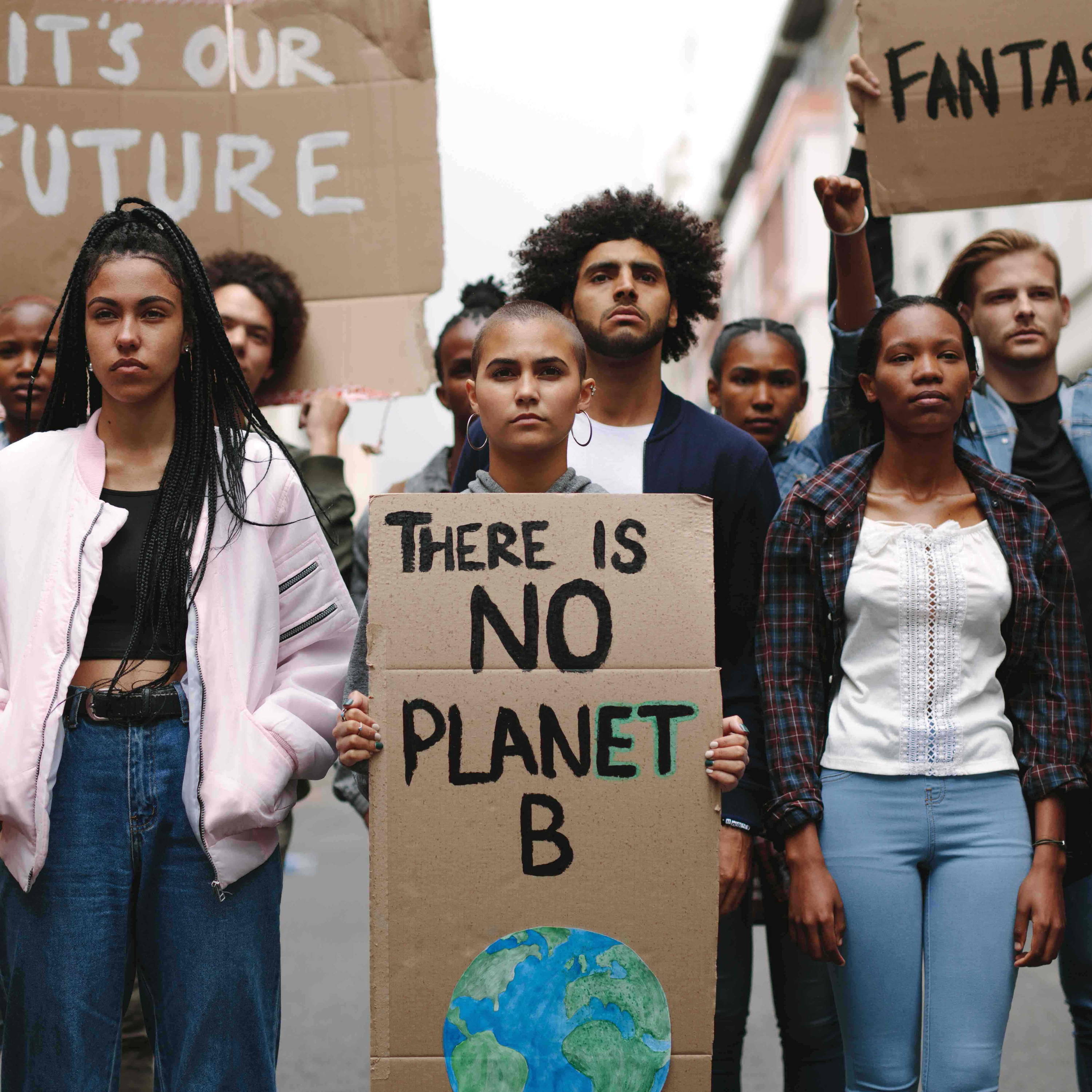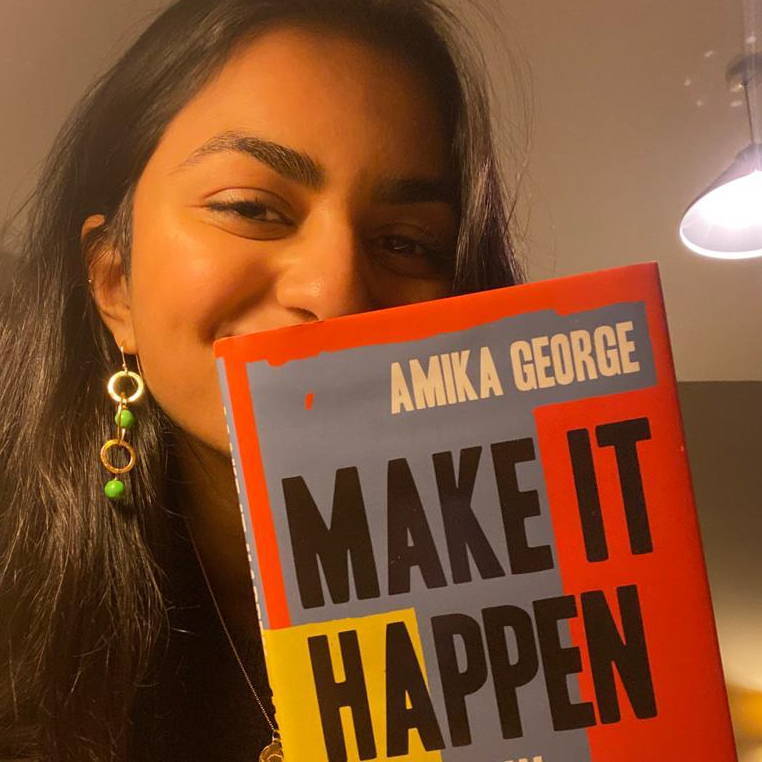
Michaela Coel
Image: Sarah Lee/Bafta
Goal 5: Gender Equality
Why Female Actors Are Championing Intimacy Directors
In the #MeToo era, intimacy directors are more in demand than ever
By Jessica Jurkschat
8 june 2021
On Sunday Michaela Coel and her hit show I May Destroy You won big at the Baftas. Coel took home the Bafta for best lead actress, dedicating the award to the show’s intimacy coordinator, saying: ‘I want to dedicate this award to the director of intimacy Ita O’Brien. Thank you for your existence in our industry, for making the space safe, for creating physical, emotional and professional boundaries so that we can make work about exploitation, loss of respect, about abuse of power without being exploited or abused in the process.'
'I know what it is like to shoot without an intimacy director. The messy, embarrassing feeling for the crew. The internal devastation for the actor. Your direction was essential to my show and I believe essential for every production company that wants to make work exploring themes of consent.’
The drama series tells a narrative about consent – or lack of – and the many kinds of sexual assault that take place on a daily basis. It was inspired by Coel’s own story of being sexually assaulted by strangers after having her drink spiked, and for Coel, I May Destroy You was a way to process her trauma and find some peace with what happened. With O’Brien’s help, Coel was able to tell her story.
In the age of #MeToo, intimacy directors are more in demand than ever. Hired to simplify on-stage and on-screen scenes that involve physical intimacy, they work with actors during moments of sexual tension through to nudity or full on sex scenes. In most cases, their most important role is also their most passive: they are the person in the room whose job it is to discuss and understand an actor's comfort level with physically intimate scenes.
For Oscar winner Kate Winslet, star of Mare of Easttown, intimacy directors are a big step forward. She told BBC Radio 4’s Today Programme, ‘They help choreograph intimate moments between actors on screen and help the director to find the right words to communicate what they might want visually. It can be scary and intimidating to be a young person and find it uncomfortable to even say certain words… of a sexual nature.’ Winslet added that unusually she had complete control over how she wanted to present herself in a sex scene, something that has never happened to her before. ‘Craig Zobel (director of Mare of Easttown) asked me to watch that particular scene in question to make sure I was comfortable with it. That was an honourable thing to do. I don't recall that happening to me when I was younger. People are paying attention to how women feel and how they want to be presented.'
#MeToo is about creating change and ending sexual violence and harassment. The movement is more than just powerful men (like Harvey Weinstein) losing their jobs. It ensures accountability and gives survivors and supporters the courage to speak up and raise awareness of the devastating impact of sexual violence. And although there’s still a long way to go, the rise of intimacy direction shows progress for gender equality and is one step closer to ensuring that actors won’t be punished for saying ‘no’.
100% of profits from the sales of #TOGETHER products go to charities that advance the Sustainable Development Goals. Find out more here.


